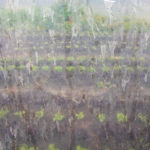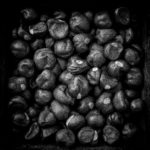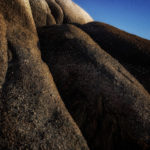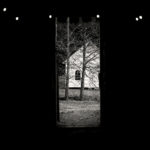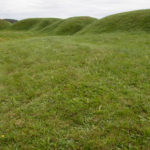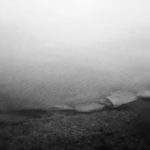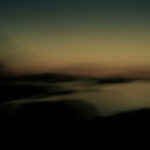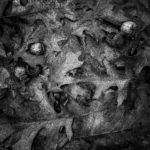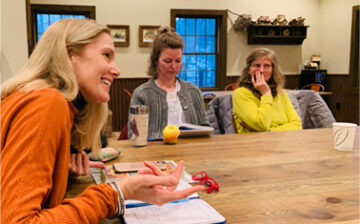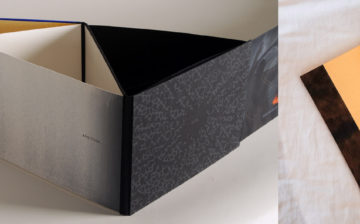Workshops
Guided by fine art photographer Lee Anne White, immerse yourself in the world of landscape photography and learn to bring out the unique spirit of a location.
Dates:
Oct 7, 2024 - Oct 11, 2024
Levels:
Intermediate,
Advanced,
Workshop Fee: $1495
Workshop Duration: 1-week (Monday-Friday)
Workshop Location: On-campus
Class Size: 12
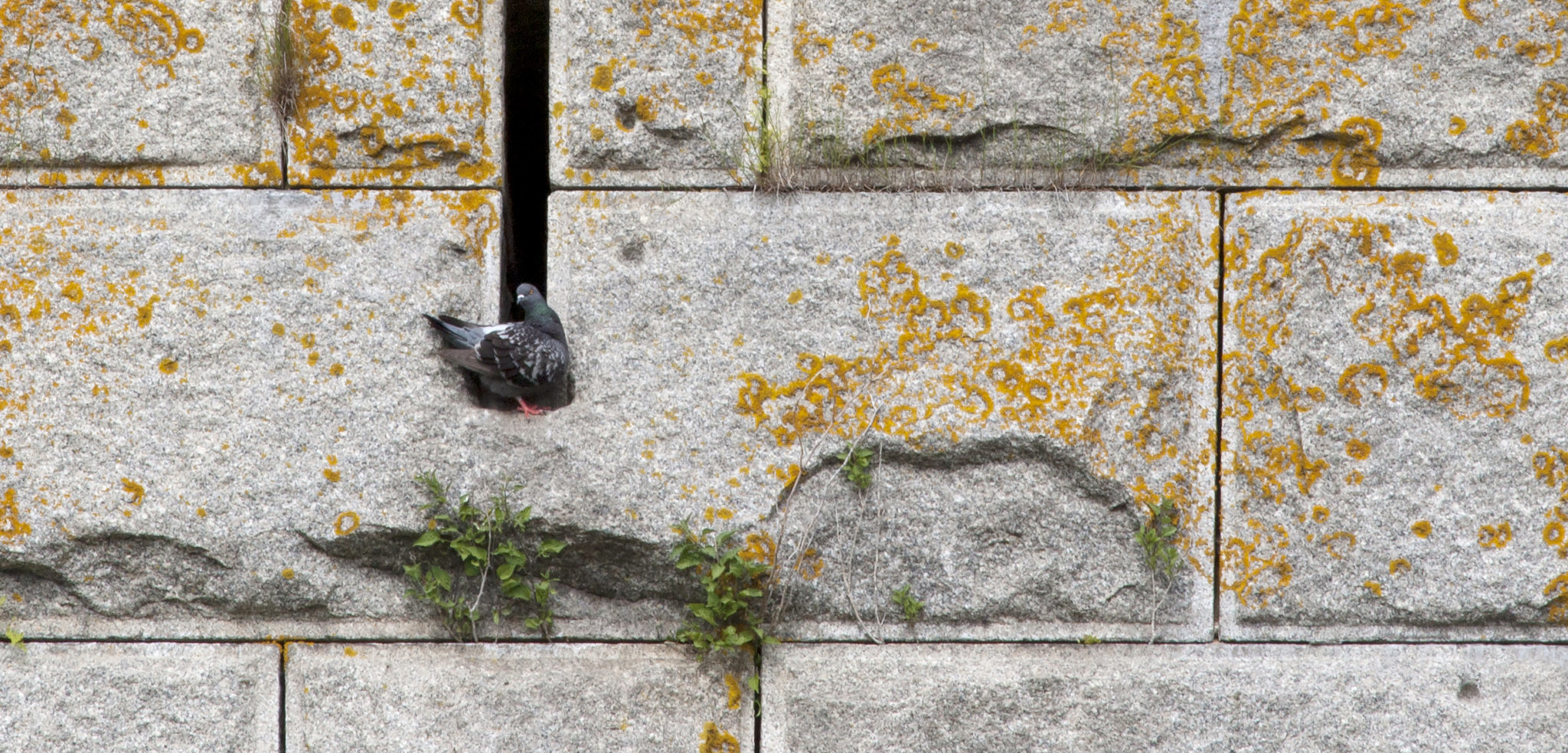
To know a place, we must slow down—to see not only the big picture but the intimate details that give it character. To observe not only the terrain and what grows there, but the history of the land and our connection to place. To become aware not only of what we see but how a place makes us feel.
In this workshop, Midcoast Maine will serve as our classroom as we look at what gives a geographic location a unique sense of place. We’ll photograph not only the landscape but also designed and built environments that reflect the relationship between humans and the land over time. We’ll explore habitats such as the rocky shoreline, meadows, estuaries, and woodlands, as well as working harbors, towns, and historic sites. Some days we’ll go on extended field trips. On other days, we’ll work closer to Rockport, with time for lessons, discussions, and image reviews. Expect packed days and plan to head out early for several sunrise sessions during the week.
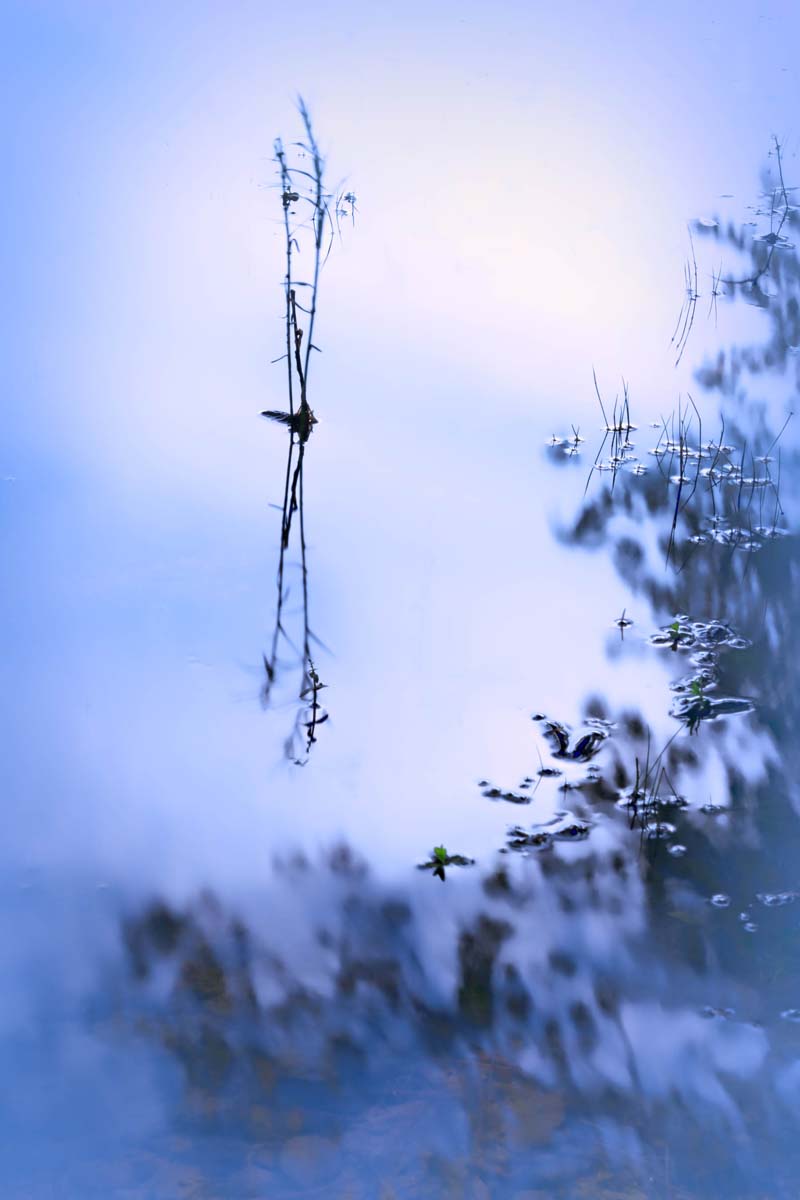
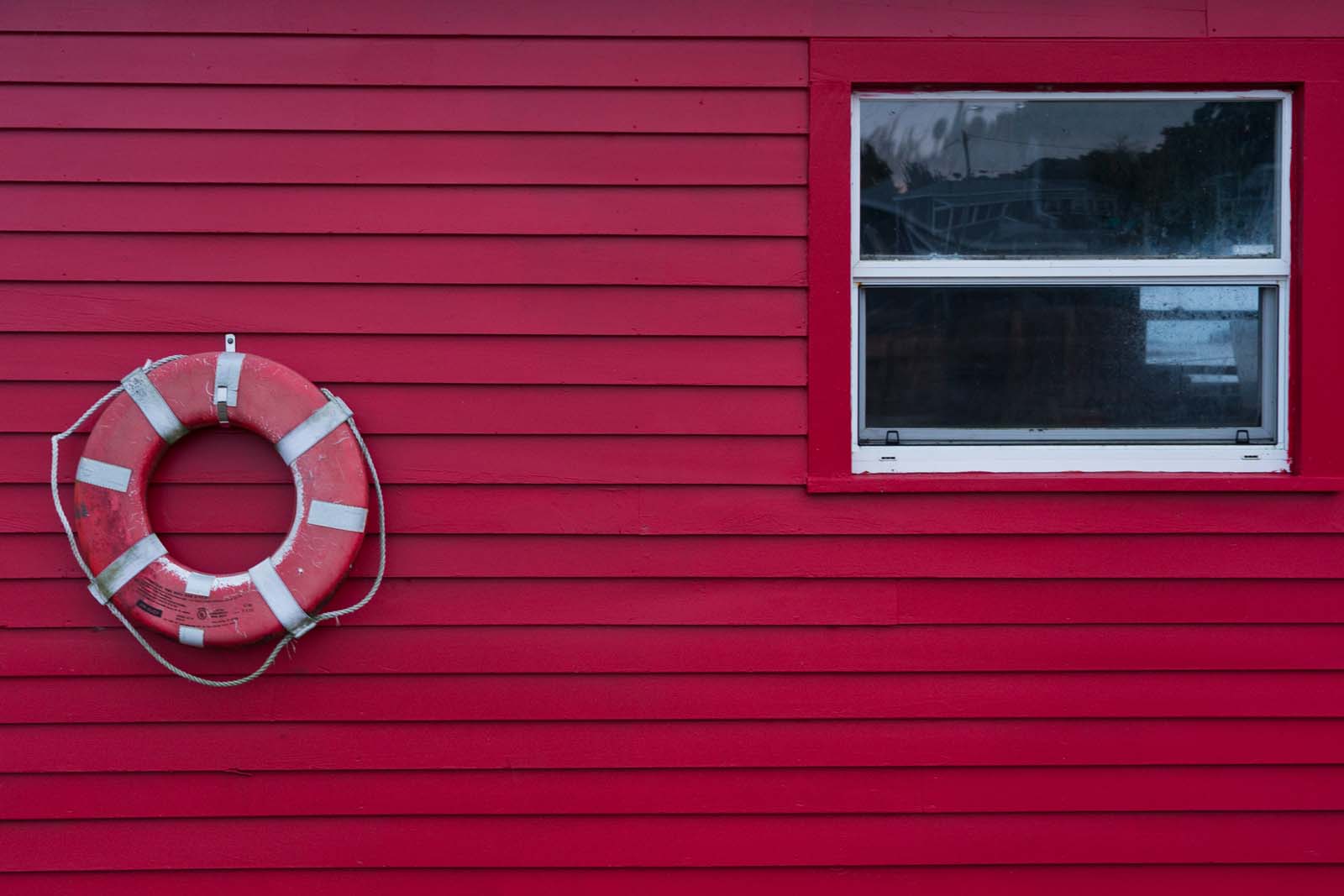
This course will help you move beyond the single image, refine your vision, and explore new ways of seeing, thinking about, and photographing a place. We’ll explore different ways to put together a small series of working images that capture the spirit of a place, convey a story, or express an emotional response to the landscape. These approaches could be used for magazine articles, photo books, exhibitions, or personal newsletters. Journaling is one of the tools we’ll use to explore both the concept of place and our own creative process.
Bring your digital camera, a sturdy tripod, and a laptop with image-editing software for downloading, processing, and sharing images. You should already be familiar with your camera’s operation, be comfortable using a tripod, and have a basic understanding of exposure metering and image processing. A polarizing filter is strongly recommended. We’ll spend a lot of time walking and wandering, often on rugged terrain, so pack light and wear sturdy walking shoes or boots.
All Image Credit © Lee Anne White.
Share This
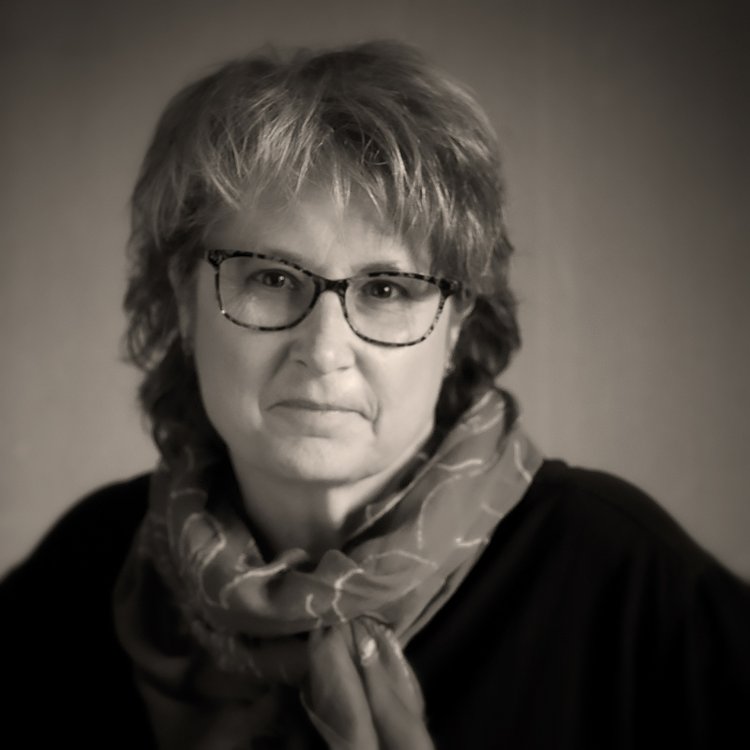
Instructor: Lee Anne White
Lee Anne White is a fine art photographer who works both in the field and in the studio with a focus on landscape, plants, and architecture. She also has more than 20 years of experience as an editorial photographer, book author, and magazine editor, and a master’s degree from the International Center for Studies in Creativity at the State University of New York/Buffalo State.


